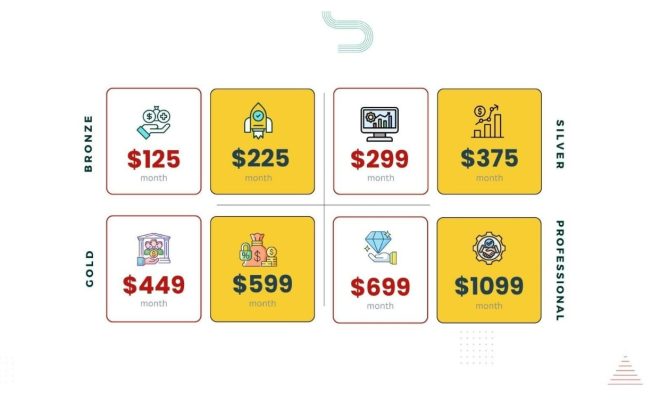SEO Best Practices Guide: How to Improve SEO Rankings

Search Engine Optimization, or SEO, is a crucial aspect of digital marketing that focuses on improving the visibility and ranking of a website on search engine results pages (SERPs). Improving your SEO rankings can lead to increased traffic, higher engagement, and potentially more conversions. Here’s a comprehensive guide to best practices that can help enhance your SEO strategies.
1. Understand Your Audience and Intent
Know the keywords your target audience is using and understand the intent behind their searches. Are they looking for information, trying to make a purchase, or comparing products? Optimize your content for these intents to align with what users are searching for.
2. Perform Keyword Research
Use tools like Google Keyword Planner or SEMrush to discover popular keywords related to your content. Choose both short-tail and long-tail keywords but ensure they have a reasonable balance between search volume and competition.
3. Optimize On-Page Elements
Focus on optimizing elements such as title tags, meta descriptions, headers (H1, H2, etc.), and URLs. These should all include relevant keywords and accurately describe the content on each page.
4. Create Quality Content
Content is king in SEO. Produce informative, valuable, and engaging content that addresses the needs of your audience. Regularly update your site with original articles, blog posts, videos, or infographics that people find useful and shareable.
5. Improve User Experience (UX)
Google values websites that provide a good user experience. Ensure your website is easy to navigate, has a clean design, loads quickly, and is mobile-friendly.
6. Build Relevant Backlinks
Backlinks are still one of the strongest ranking signals used by search engines. Gain high-quality backlinks from reputable websites within your industry. This can be achieved through guest blogging, collaborations, or creating high-quality content that naturally attracts backlinks.
7. Use Internal Linking Wisely
Internal links help search engines understand the structure of your website and keep users engaged longer by encouraging them to visit other pages on your site.
8. Take Advantage Of Social Media
While social media may not directly impact SEO rankings, shares on social media platforms can increase brand exposure and lead traffic to your site—indirectly affecting your SEO performance.
9. Track Your SEO Performance
Use tools like Google Analytics to track how well you’re doing in terms of traffic from organic search results. Monitor your rankings for targeted keywords and analyze the data regularly to inform future strategies.
10. Stay Informed On Algorithm Updates
SEO isn’t static – it changes frequently with algorithm updates from search engines like Google. Stay abreast of these updates to tweak your approach accordingly and avoid penalties.
Implementing these SEO best practices can put you on the path toward improved rankings in SERPs. Always keep in mind that while immediate results may not be evident, consistency in these efforts over time will pay off as trends lean towards rewarding authentic quality content paired with a great user experience.






